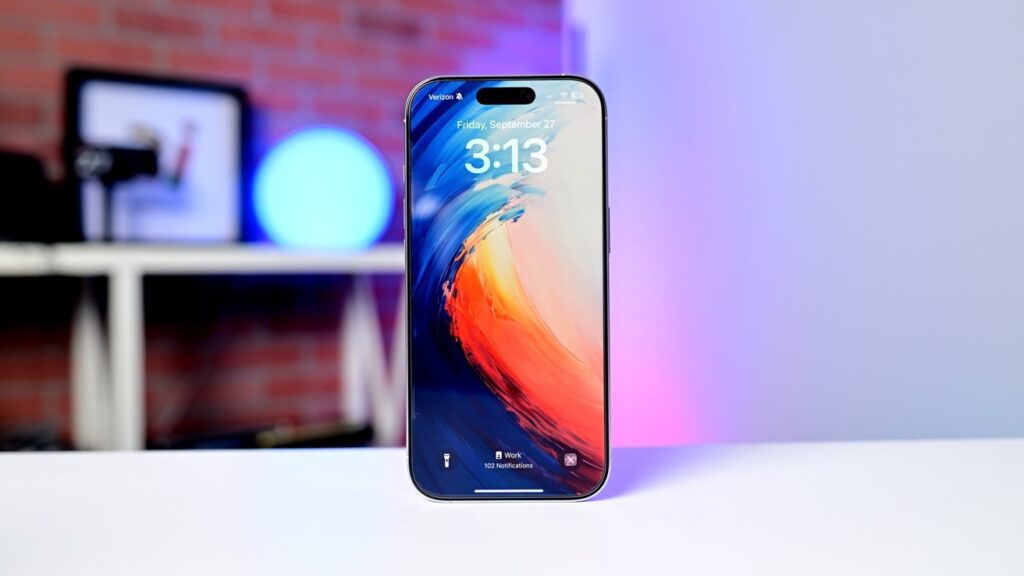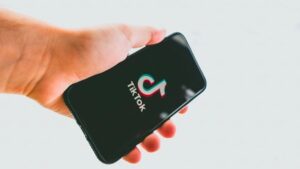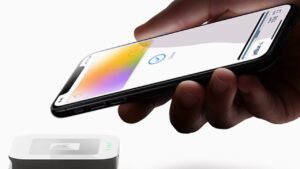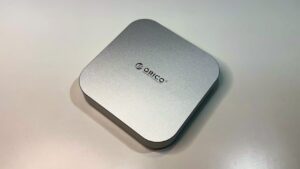
Tariffs already affect iPhone imports into the U.S., and they’re set to get even higher.
The decade-long effort to shift U.S. iPhone manufacture out of China to India is going to become more expensive for Apple, just in time for iPhone 17 season.
The Trump-instigated delay in applying high tariffs on imports into the United States is coming to an end on August 1. As countries work to make a trade deal with the White House, it seems that one country’s lack of a deal could end up costing Apple customers dearly.
India has yet to complete an agreement with the United States on tariffs. If it fails to do so, it will have to shoulder tariffs valued between 20% and 25% on imports.
An audio clip of Trump talking to reporters shared by Aaron Rupar has the President confirming that no deal with India has been finalized, and the rate will be 25%. He also accuses India of charging more tariffs than “almost any other country.”
This will be a considerable increase on the current 10% import tariff applied against the country as of the latest exceptions pending a trade deal.
That 10% tariff is also high compared to the 3% tariff Apple paid on iPhone imports from India to the U.S. before President Donald Trump began making tariff changes.
A high-priced iPhone change
The lack of a deal at deadline time will be something that hits Apple quite hard. Especially considering it deals with sales of iPhones it its home country.
The tariff increase will be something that is too high for Apple to easily absorb into the overall cost of an iPhone. Instead, when the iPhone 17 generation arrives in September, that could mean an equally high rise in prices.
This is still a considerable saving versus the tariff applied on Chinese goods, which would be hit by a 55% tariff. If Apple hadn’t shifted where it was supplying U.S. iPhones from to tackle tariff costs, the price rises would be considerably higher again.
A future fix
While the lack of a trade deal with India is a problem for Apple, it’s one that may only be temporary. An Indian government official told Reuters that talks are progressing, and could end up with a trade deal, albeit after the deadline.
A trade delegation from the United States is planned to visit New Delhi in the middle of August. The intention is to resume the trade negotiations then, and finalize a bilateral agreement by September or October.
Given that Apple has to import iPhones into the U.S. to sell them ahead of the iPhone 17’s launch, it may arrive too late for consumers to benefit from.



